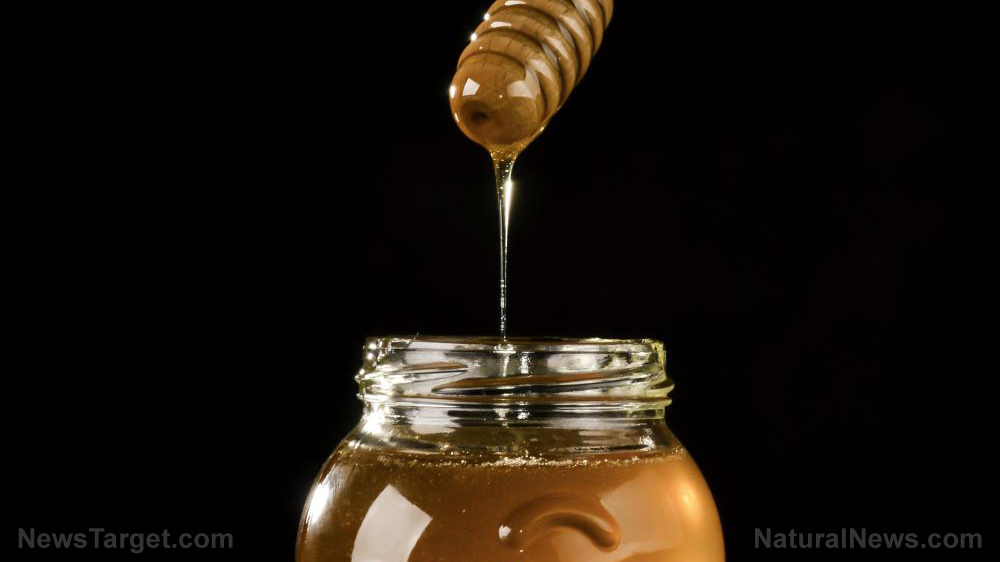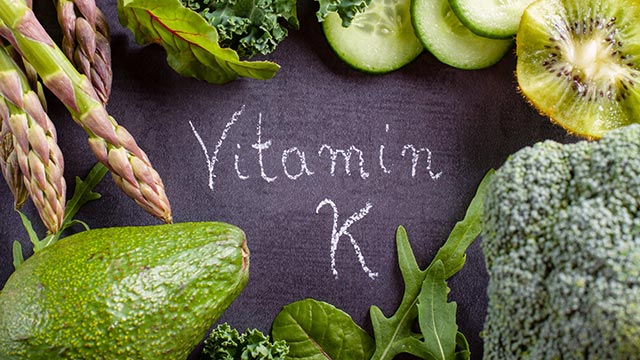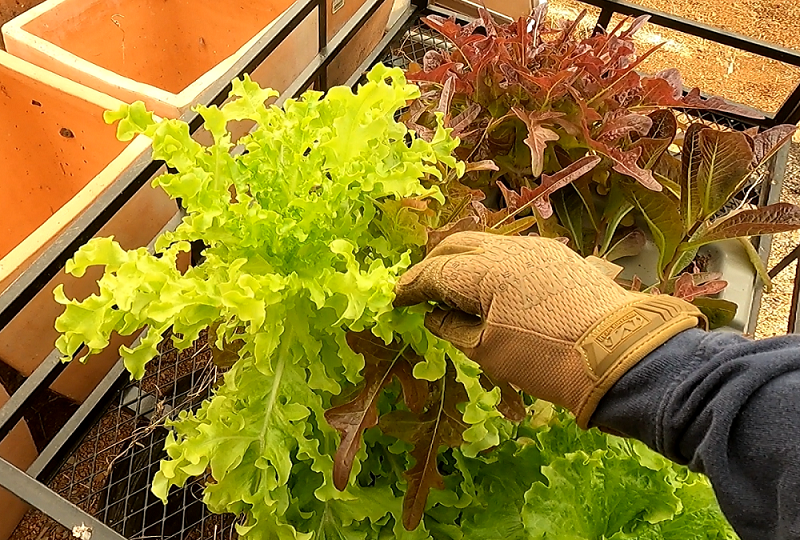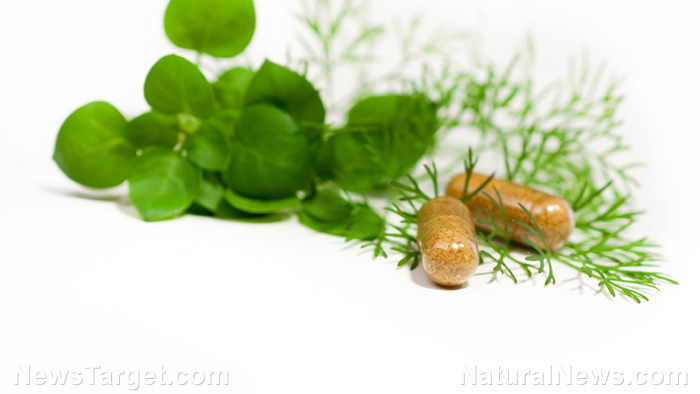These high-zinc foods could help stop coronavirus
03/31/2020 / By Ethan Huff
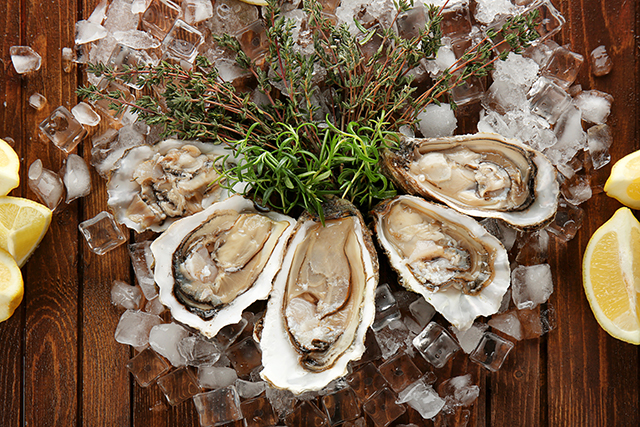
In case you didn’t know, scientific research published in the journal PLoS Pathogens back in 2010 found that ionic zinc is a powerful inhibitor of coronavirus, preventing its replication and spread.
In vitro, or cellular, tests found that zinc is helpful in preventing a whole host of RNA viruses, including influenza and poliovirus. Somehow, zinc interferes with the way that these viruses process their polyproteins, which effectively prevents them from doing their damage.
Earlier research published in the British Medical Journal (BMJ) also identified zinc as a powerful weapon against SARS (severe acute respiratory syndrome), which is also a type of coronavirus. In fact, the Wuhan coronavirus (COVID-19), also known as the Chinese Virus, is said to be SARS 2.0.
In this BMJ study, zinc ions were found to provide a natural mechanism of protection against these viruses, particularly by preventing their attachment onto cell surfaces.
“Over the past 30 years, researchers have demonstrated the critical role of zinc in diverse physiological processes, such as growth and development, maintenance and priming of the immune system, and tissue repair,” this paper explains.
“Direct antiviral effects of zinc ions have been demonstrated against rhinoviruses responsible for the common cold (1,2,3,4,5) … (and) [z]inc has also been shown to directly decrease the incidence of respiratory infections in young children from developing countries probably by mechanisms that involve restoration of T-cell immunity lost as a result of deficiency of this mineral.”
In other words, zinc is an immune system necessity, and it just so happens to have been tested against viruses like coronavirus, with incredible success.
Listen below to The Health Ranger Report as Mike Adams, the Health Ranger, talks about other coronavirus solutions with Dr. Paul Cottrell:
Getting more zinc in your diet is easier than you might think
One easy option for getting more zinc into your normal diet is to simply supplement with it. But the more natural option is to consume foods that already contain high amounts of zinc, including the following top contenders:
• Oysters
The densest known source of natural zinc, oysters are said to contain about 16.6 milligrams (mg) of this mineral per 100 grams (g) of oyster meat. Fresh is best, but if canned is all you can find, you’ll still be doing your body a favor.
• Hemp seeds
Much more common and still high in zinc are hemp (cannabis sativa) seeds, which contain about 9.9 mg of it per 100 grams of seeds. Most grocery and big box stores carry hemp seeds these days, so you shouldn’t have any problems finding them.
• Sesame seeds
Most people probably only consume them on bagels, or perhaps in Asian food. But sesame seeds are a commonly overlooked “superfood” that contains about 7.8 mg of zinc per 100 g of seeds.
• Pumpkin seeds
Growing in popularity as a ketogenic treat, pumpkin seeds are another solid source of zinc, coming in at about 7.64 mg of zinc per 100 g of seeds.
• Cacao powder
Not to be confused with cocoa powder, which also has some zinc, cacao powder is another zinc-dense superfood that also contains other immune-boosting minerals like potassium, magnesium and manganese, as well as an array of antioxidants. Cacao powder contains somewhere in the ballpark of around 6-7 mg of zinc per 100 g.
• Grass-fed beef
While all beef contains zinc, grass-fed beef contains even more of it due to the way the animals are raised. Regular beef contains 6.31 mg of zinc per 100 g, so you’ll get at least that much from the same amount of grass-fed beef.
To keep up with the latest news about the Wuhan coronavirus (COVID-19), be sure to check out Pandemic.news.
Sources for this article include:
Submit a correction >>
Tagged Under:
antiviral, Chinese Virus, coronavirus, covid-19, disease, global emergency, Global Pandemic, infection, minerals, novel coronavirus, outbreak, pandemic, prevention, virus, Wuhan coronavirus, zinc
This article may contain statements that reflect the opinion of the author
RECENT NEWS & ARTICLES
COPYRIGHT © 2017 CoronavirusFoods.com
All content posted on this site is protected under Free Speech. CoronavirusFoods.com is not responsible for content written by contributing authors. The information on this site is provided for educational and entertainment purposes only. It is not intended as a substitute for professional advice of any kind. CoronavirusFoods.com assumes no responsibility for the use or misuse of this material. All trademarks, registered trademarks and service marks mentioned on this site are the property of their respective owners.



